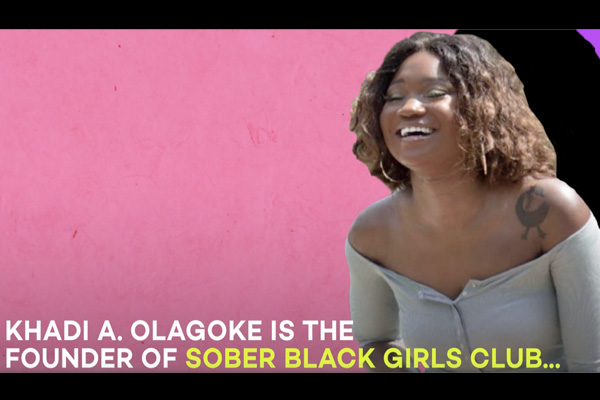WATCH – A force for good… –
Sept. 8, 2020 – “When it was time for me to graduate from law school, I passed the bar on the first try,” she told In The Know. “I moved back to the city, I got my apartment [and] had a job, but I just wasn’t used to having this nine-to-five.”
Unsure of how to adjust to her new reality, Olagoke said her alcohol consumption increased following her graduation. That, in turn, led to a struggle with an addiction she initially had trouble recognizing.
“I just wasn’t familiar with addiction,” she said, noting that her life had “slowly spiraled.” “I didn’t know anyone who had an addiction.”
In 2018, Olagoke decided to take the first step toward sobriety, frequently traveling more than an hour to attend Alcoholics Anonymous (AA) meetings in predominantly white neighborhoods. Still, as a Black woman, she found it difficult to relate to her peers. At one meeting, for instance, a white speaker seemingly talked down on the mostly non-white residents that lived in Olagoke’s neighborhood, suggesting that she had a difficult time living there as a result.
“That’s when I was like, ‘Okay, yeah, this is not for me,’” she recalled. “Not to say AA wasn’t for me, but just AA in my borough wasn’t for me.”



